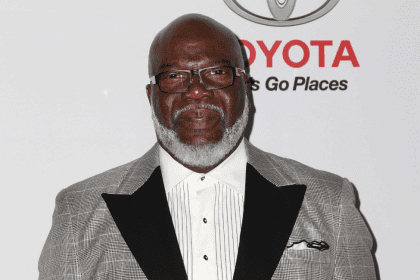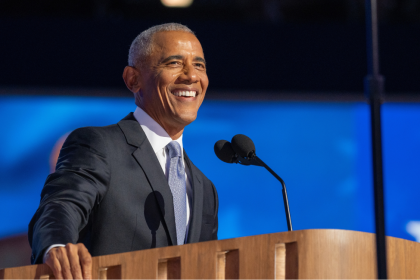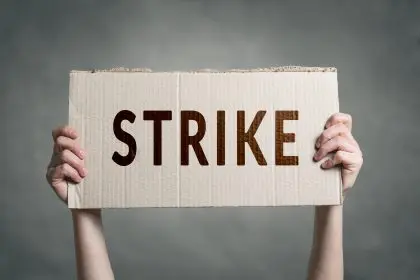What is the affirmation that drives you as an educator?
To see people being changed. I am an example of a person who changed from just being a businessman and not only making money to one who is also imprinting on people positive goals and leadership values. My philosophy is to give people who never thought they would be anything the opportunity in the area of education. No matter what you do, you are changing people’s lives, but you must change people’s lives for the better. If you don’t do this, at the end of the day, your legacy dies with you. But if you change just one person in your life for the better, then your legacy continues to grow. … That is what keeps me alive and active every single day — knowing that I am changing people’s lives.
What is the breakdown of your student body like?
Diverse and international. There are students from 38 different countries who call Beulah Heights University home. Right now, 70 percent of our student body is African American. The next largest group of students is Asian from countries like Japan and Korea. Our students from Brazil also are part of the growing population, which also includes students from Africa. We also have European students on campus because of our sister institution in the Netherlands.
As Beulah Heights University approaches its centennial anniversary on July 22, what is its central mission?
Producing leaders. At the college’s founding, the school was sending missionaries to Africa, South America and other parts of the world. These graduates were leaders and created change. We do not send missionaries out in the numbers our founders did, but we still focus on producing leaders. We have leaders coming to BHU and going back to a country and creating change.
For example, we have a student from China from Georgia Tech. His intention at [Georgia Tech] was to do continuing graduate work. But, at the same time, he converted to Christianity and discovered what BHU had to offer. While completing his work at Georgia Tech, he completed a two-year program at BHU and went back to China. He resigned from his position as an educator in China and is now in the ministry. Because of religious restrictions in China, his underground ministry is estimated to have as many as 100,000 followers of Christ. That is dynamic, and it energizes and inspires us at BHU when an institution is able to generate leaders and they become the coupling of what are you trying to do.
You have quite a few international students. How has Trump’s immigration policy impacted your university and your students?
There was some trouble with the first travel ban. This has become an issue. Our enrollment of international students is down. We have seen the impact.
What would you like to say to our readers in closing?
To your young urban potential readers: If you want to have an impact on the future, Beulah Heights is the place for you. BHU has such a diverse group of students and faculty, and the whole dynamic of Beulah Heights is training leaders from an urban setting. We do understand that if you are trying to be a leader in the community or in the Christian arena you will not be successful if you do not understand the reality of life in an urban setting. We have been in the city of Atlanta for 100 years. We understand the reality of the life of an individual in a major urban setting. The school is not so large that you just become a number. With a student body of a little over 600, we are able to personalize attention and the dynamic of positive interaction between faculty, administration and student. You are a person on our campus, and we want to give you as much attention as we can to support you during your matriculation. We know the setting is changing every day. BHU is the place you’re going to meet people from all over the world and discover a new culture. You will be exposed to different dynamics.
If you are interested in more information about Beulah Heights University, visit its website: Beulah Heights University
















